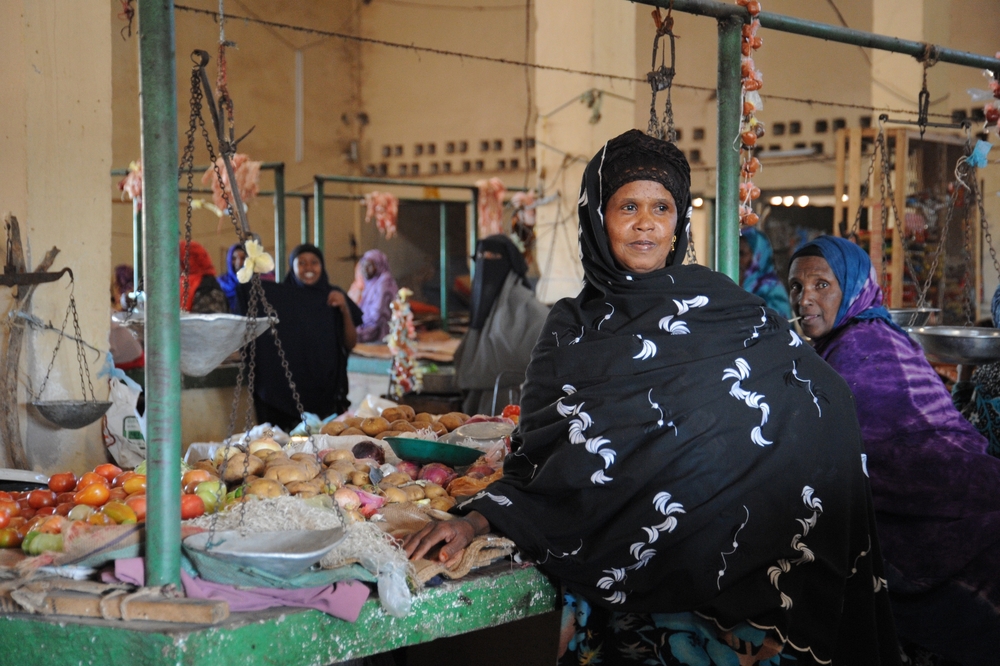Measuring impact
Justin Sykes, managing director of Innovest Advisory, makes the case for Impact Measurement and Management (IMM)
Wednesday, 18 May 2022

Justin Sykes, managing director of Innovest Advisory, makes the case for Impact Measurement and Management (IMM)
Wednesday, 18 May 2022

 Justin Sykes is the founder and managing director of Innovest Advisory, a firm offering specialist impact advisory to private fund managers and asset owners to drive more disciplined measurement and active creation of climate, environmental and social impact.
Justin Sykes is the founder and managing director of Innovest Advisory, a firm offering specialist impact advisory to private fund managers and asset owners to drive more disciplined measurement and active creation of climate, environmental and social impact.
Private capital and resources are increasingly being used to tackle global challenges through targeted philanthropy and investment-based approaches. Impact investment allows capital to be utilised as a force for transformative change - going well beyond what is usually achieved through traditional models of development aid or philanthropy.
Two decades into the twenty-first century, we are about to witness the largest-ever intergenerational transfer of wealth from the baby boomers (born in the aftermath of the Second World War) now concerned with their legacy, to the increasingly socially-conscious Gen-Xers and millennials.
And, alongside the environmental and social sensibilities of the next generation of capital holders, there is a clear commitment to measure, understand, and improve impact.
For this constituency, effective Impact Measurement and Management (IMM) is an essential ingredient giving legitimacy and accountability to philanthropic and impact investment initiatives.
The reason we measure impact is simple: we want to know whether something works – or not - and in both cases, to further understand why. It is also about finding evidence that an organisation or business is achieving its stated mission as predicted in a Theory of Change (ToC).
A ToC describes an entity’s intended impact by outlining short, medium, and long-term outcomes and how they relate to the organisation’s impact objectives, with the outcomes explaining the activities required at each stage to achieve the intended impact objective
Once an organisation or business has this information, it can better understand where committed funding generates the most impact, communicate this information to stakeholders, and improve credibility among partners and networks.

Micro-loans have been helping SMEs in Somalia. Innovest tracked their impact. Photo: Eduardo Soteras Jalil / Panos Pictures.
KIMS (Kaah International Microfinance Services) is Somalia’s largest privately owned microfinance institution with 5,300 active clients and a total active loan portfolio of $2.37m.
Founded by two UAE-based Somalis, KIMS has provided more than 30,000 shariah compliant micro and small business loans worth more than $30 million since its launch in 2014.
KIMS has been working to develop an organisational ToC to help it identify key performance indicators (KPIs) and metrics that will enable it to track its business impact as well as its contribution towards the Sustainable Development Goals (SDGs).
In early 2022 Innovest supported KIMS with a WhatsApp survey to ask more than 2,000 clients what impact KIMS lending had on their businesses and families. Of those who responded, 94 percent stated that financing from KIMS had helped to improve their business performance, and 93 percent reported an increase in their business income. Moreover, as a result of this increase in business income, KIMS clients reported increased household spending in various areas, including education needs (38 percent of respondents), paying for better quality food (27 percent) and healthcare costs (21 percent).
KIMS has been able to use the data from this survey to improve service provision as well as clearly communicate impact performance to donors and investors.
In May 2022, Justin hosted a Circle event to help members adopt more formal approaches to setting impact objectives and result measurement systems. More information here.
It's a good idea to use a strong password that you're not using elsewhere.
Remember password? Login here
Our content is free but you need to subscribe to unlock full access to our site.
Already subscribed? Login here